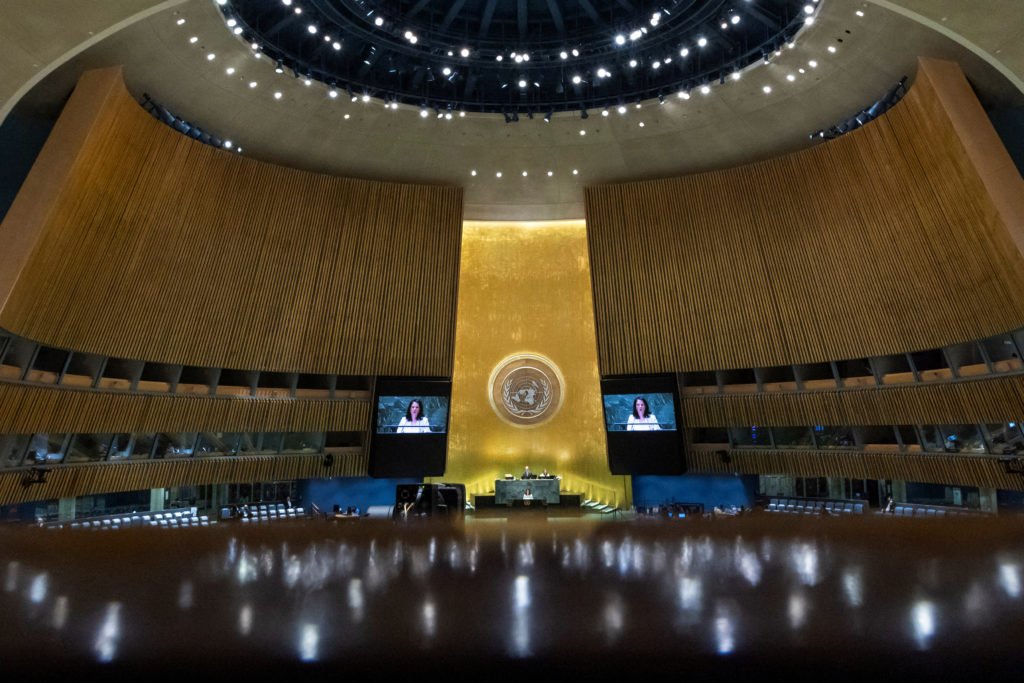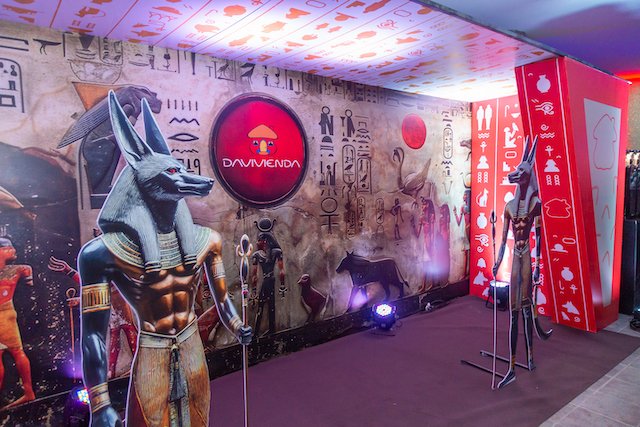Washington, D.C. Newsroom, Jul 28, 2025 /
07:00 am
As artificial intelligence (AI) transforms the way we consume and create media, the “media nuns” are on a mission to ensure humanity stays mindful in the digital age and remembers that “human beings create, machines generate.”
AI “generates a lot of questions, it generates a lot of concerns, but it also generates a lot of excitement,” Sister Nancy Usselmann, FSP, director for the Daughters of St. Paul’s Pauline Media Studies, told CNA.
The Daughters of St. Paul are known as the “media nuns” for their media-centered mission and outreach. They study new trends, issues, and advances in media to look at what the changes mean for people including parents, teenagers, and young adults.

As director of Pauline Media Studies, Usselmann leads the sisters’ efforts to “develop media mindfulness catechesis for a lived discipleship” and help people find ways to integrate their faith with daily media use. The sisters seek to accomplish this mission through writing, hosting workshops, and speaking across the country.
Usselmann is a theologian, writer, international speaker, and film reviewer, among other things. With a doctorate in ministry from The Catholic University of America and certificates in catechetics and media literacy education, Usselmann is now also studying and teaching about AI, including what the Church teaches about it and how Catholics can “live within this digital world, while also living our faith.”
AI at a glance
“I know everybody gets excited about new tools and hopping on the bandwagon of trying out the newest, latest, and greatest, but so much of it needs reflection,” Usselmann said. “Taking what the Church says about [AI], with its document Antiqua et Nova … we need to take a step back in this rapid change, where every single day there is a new AI app coming.”
Usselmann highlighted that it’s not necessarily a matter of educating on whether AI is good or bad but teaching people to “understand what it is.” AI is “machine learning that’s trained to be able to mimic some aspects of human intelligence.”
We can acknowledge that AI offers “great tools” that “can help us in our lives in many ways, including medicine, finance, and so on,” Usselmann explained. “They help us with a huge amount of data to make information more accessible. But, the problem is that we really have to stop and think.”
While AI has beneficial aspects, it also raises a number of concerns including job displacement, privacy, data security, accountability if the systems fail, and “there will be bad actors out there using it for malicious purposes.”
“This is moving so fast, and young people, especially kids and teens, are using the chatbots for assistance and therapy and for friendship. It’s concerning to a lot of people,” Usselmann said.
When using AI tools, it is important to ask: “Does this particular app promote the common good? Is this respected dignity of the human person?”
AI as an evangelization tool
“The Church is never going to say: ‘Don’t go there and don’t use AI.’ It’s saying we need to delve within the culture, we need to be present in that digital culture and illuminate the culture from within it with God,” Usselmann said. “We need to be present there to help transform it for good.”
In order to use this technology “for good,” a number of Catholics are starting companies that are working to use AI “for the Church’s mission of evangelization,” Usselmann said. “It’s pretty exciting and amazing that there are so many out there that are thinking that way.”
(Story continues below)
Subscribe to our daily newsletter
AI technologies created by Catholics include Longbeard, Magisterium AI, and Truthly, which offer daily Mass readings and liturgical resources at the click of a button. Some of them are even drawing from the pontifical universities in Rome’s libraries to have access to “tremendous theological and philosophical knowledge.”
Many of the Catholic AI tools provide sourcing and give footnotes that explain where in the Church’s teaching the information was found. “And that’s phenomenal because it’s helping us learn,” Usslemann said. “It’s being a research tool, but it’s not taking away our own ability to discover.”
“There’s also a prayer app called the Grace app,” Usselmann said. “It’s a generative AI model that’s … not replacing traditional spiritual guidance in the Church, but it gives personalized spiritual guidance or companionship to help somebody grow in their faith.”
Usselmann said of course she “questions it,” but also “it’s really interesting.”
The sisters, and other Catholics working in the media, she added, need to “help people think and question” AI. People need to understand why they are using it and then use it in ways that are “supportive of human dignity” and that don’t “take away from our own ability to reason and think through problems.”
Only humans can create
While AI has many capabilities, it cannot create the same way human beings can because, according to Usselmann, it doesn’t have the “soul” to do so.
“Human beings create, machines generate. So they’re just generating based on information that’s out there — learned algorithms and learned practices that it’s being fed. But human beings, we have this amazing gift of creativity because we are made in God’s image and likeness. God, who is the creator, endowed us with this spark, this element of God-likeness, which is creativity.”
“It comes from the depth of the person, body and soul, where we reflect and can think and be self-aware and give self-expression, and have moral agency, which is something a machine cannot do … Can AI generate beauty and art? Maybe. But where does beauty and art come from? It comes from our God-likeness, being made in God’s image and likeness.”
Usselmann plans to continue to expand her knowledge of AI and keep the conversation around the technology open. This fall, she will attend the Builders AI Forum hosted by the Pontifical Gregorian University at the Collegium Maximum in Rome.
The event reported that it “aims to foster a new interdisciplinary community of practice dedicated to supporting the development of AI products that serve the Church’s mission.” The gathering will “bring together companies leading in Catholic AI, venture capital and angel investors, as well as prominent AI thought leaders and researchers.”
While many are going as “creators and investors,” Usselmann is attending as an “investigator.” She explained that guests will discuss “innovative new ideas,” while “having the educators and theologians helping to ask questions,” to help keep future AI “in line with the Church’s understanding of Christian anthropology.”





